The reasons for South Korean conglomerates may vary, from reducing the financial burden of holding intellectual property (IP) to gaining leverage in business negotiations, according to a report by Burford Capital on September 25. But regardless of the purpose, monetizing patents has helped them unlock financial liquidity.
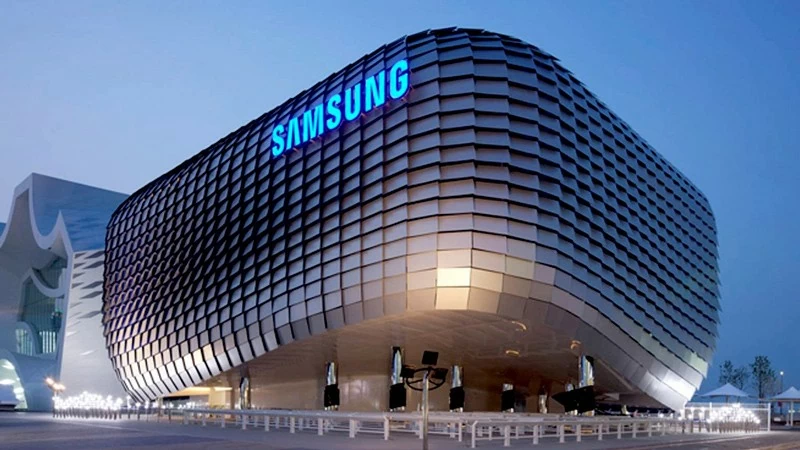 |
| Billionaire money-making channels of Korean companies. (Source: Maisonoffice) |
In recent years, South Korean conglomerates have made a number of notable deals to monetize their intellectual property (IP), including patents, according to London-based global legal finance firm Burford Capital.
Katharine Wolanyk, managing director at Burford Capital, and Chris Freeman, director of legal risk assessment and underwriting at the firm’s patent group, point out that there have been significant patent deals involving sophisticated IP owners, including SK hynix, as early as 2024. This year, the semiconductor giant sold more than 1,500 patents to a subsidiary of Korean patent aggregator Ideahub.
In November 2023, LG Electronics sold 48 standard essential patents related to codec technology to Chinese smartphone maker Oppo. The company no longer needs some of these patents after exiting the smartphone market in 2021.
“The sale is part of LG’s strategy to benefit from its vast portfolio of some 24,000 patents, particularly in 4G, 5G and Wi-Fi technologies, as other Chinese smartphone makers such as Oppo and Vivo have faced litigation over patent deficiencies,” the report said.
LG Energy Solutions, another subsidiary of LG Group, announced that the company "will spearhead efforts to create a patent licensing group for electric vehicle batteries, an area in which the company has a world-leading patent portfolio."
Samsung has also emerged as a key player in the IP space, leveraging its extensive patent portfolio to innovate in telecommunications, consumer electronics and semiconductors.
“In 2023, Samsung signed multiple licensing deals that generated immediate revenue and established long-term partnerships with other tech giants. These efforts highlight Samsung’s strategic focus on strong IP management as a driver of profitability and innovation,” the report said.
These moves show that Korean companies are increasingly valuing patents as a valuable financial asset, although the reasons behind monetization decisions vary by company, the report said.
One reason is that owning IP is inherently expensive. R&D investments to develop a technology can run into the millions of dollars or more, followed by significant legal costs to acquire and maintain the associated patent assets.
Additionally, by recouping their legal assets, companies can benefit from new revenue streams to supplement declining sales or shrinking profit margins. This is especially true for companies that are well-established or operate in highly competitive industries.
In other cases, companies like LG Electronics have exited a business and no longer see a need to retain IP that is no longer core to their operations. IP can also be used to advance corporate goals, such as gaining an advantage in business negotiations.
“In an uncertain economy, companies will need to be careful in managing capital and creative in pursuing value. For many patent owners, divestiture may be the optimal solution. With little or no risk, and minimal operational burden, companies can reduce costs and generate new revenue by leveraging their intellectual property,” the report said.
Source: https://baoquocte.vn/phat-hien-kenh-kiem-tien-bac-ty-cua-cac-cong-ty-han-quoc-287708.html


![[Photo] President Luong Cuong receives former Vietnam-Japan Special Ambassador Sugi Ryotaro](https://vstatic.vietnam.vn/vietnam/resource/IMAGE/2025/3/20/db2d8cac29b64f5d8d2d0931c1e65ee9)


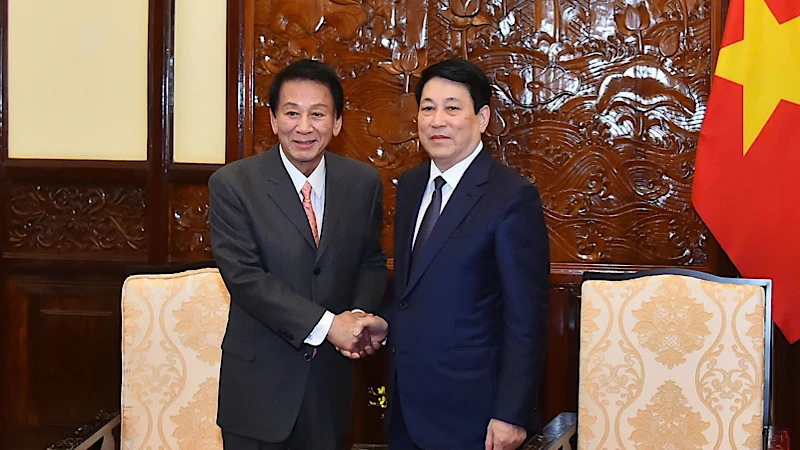


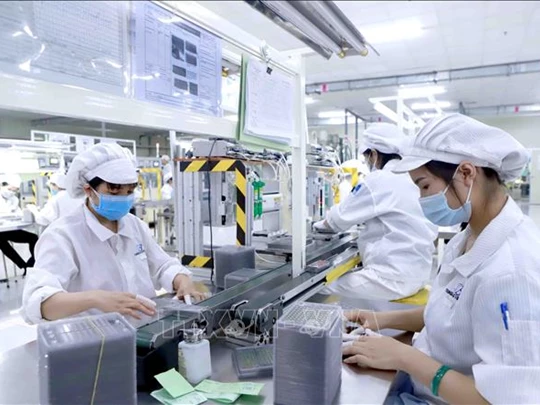

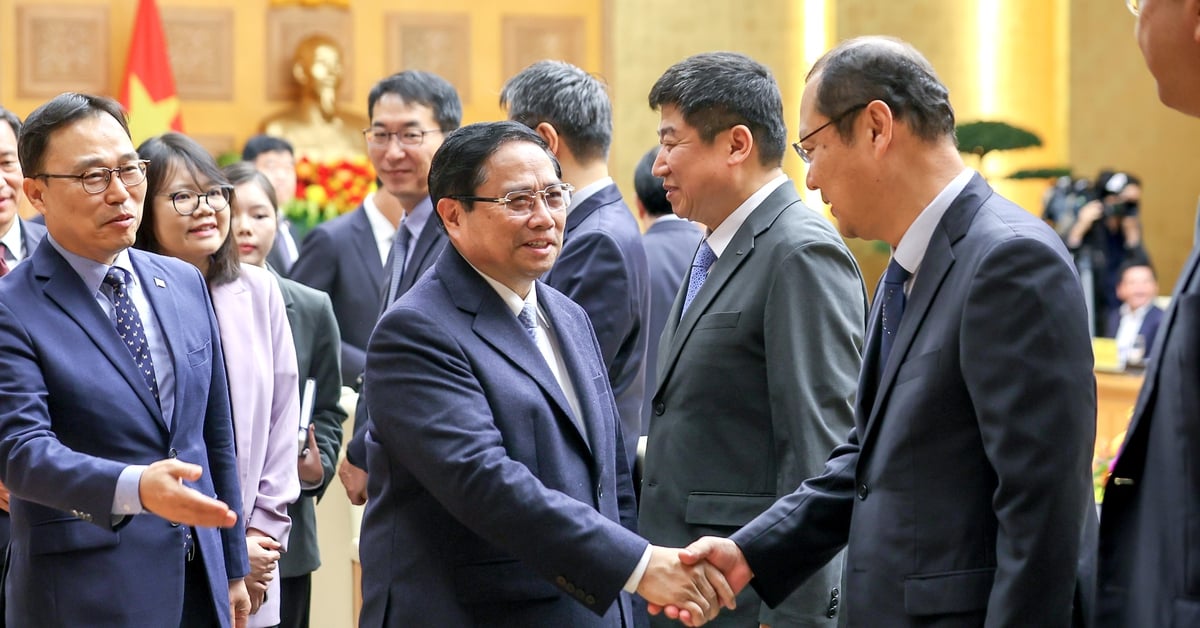

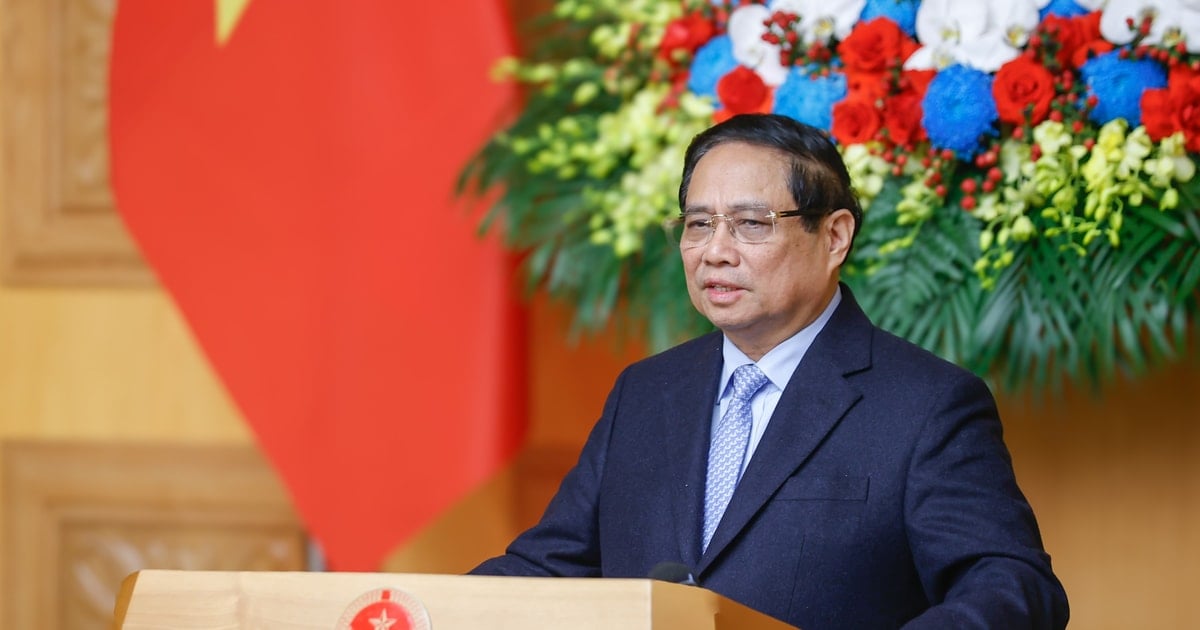

![[Photo] Prime Minister Pham Minh Chinh holds a dialogue with Korean businesses](https://vstatic.vietnam.vn/vietnam/resource/IMAGE/2025/3/4/396bd484e3dc468d921840959fd9973e)



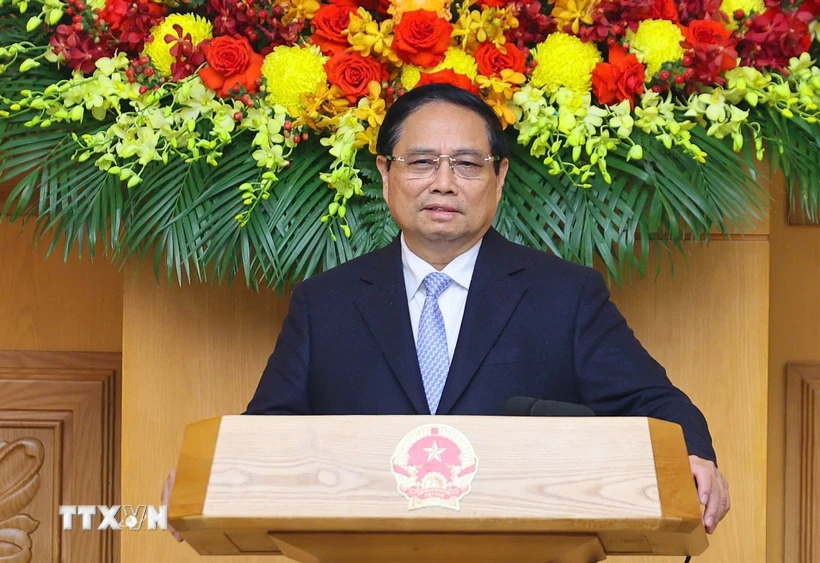


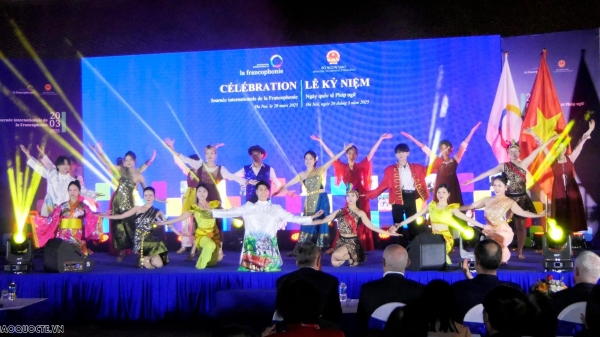
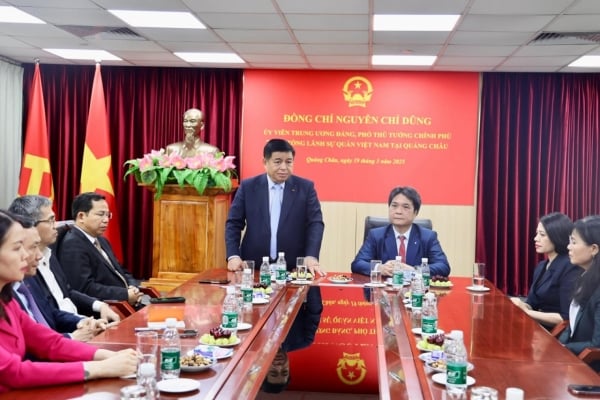

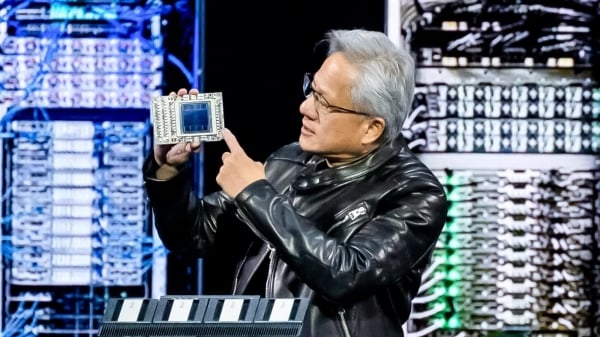






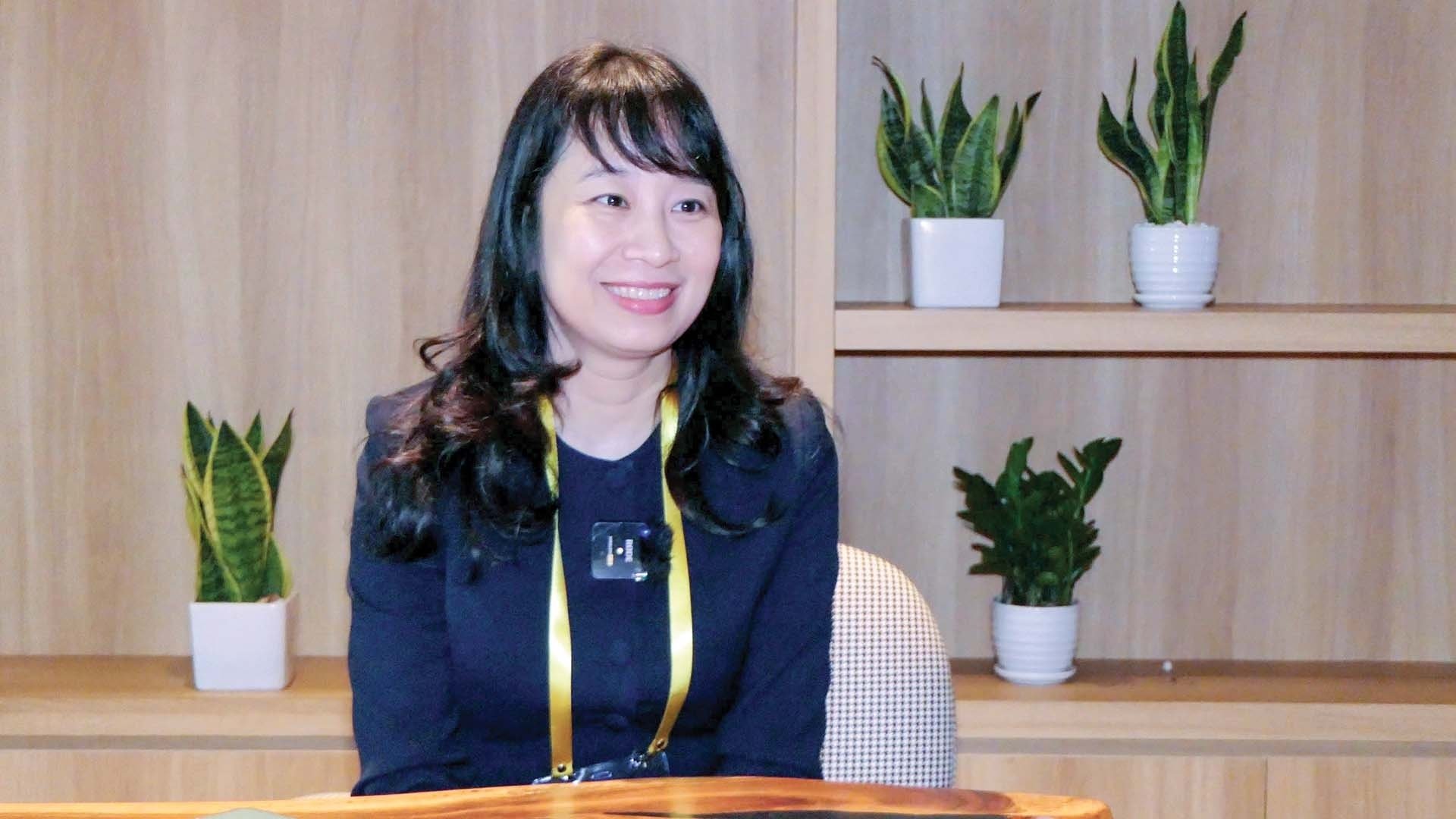
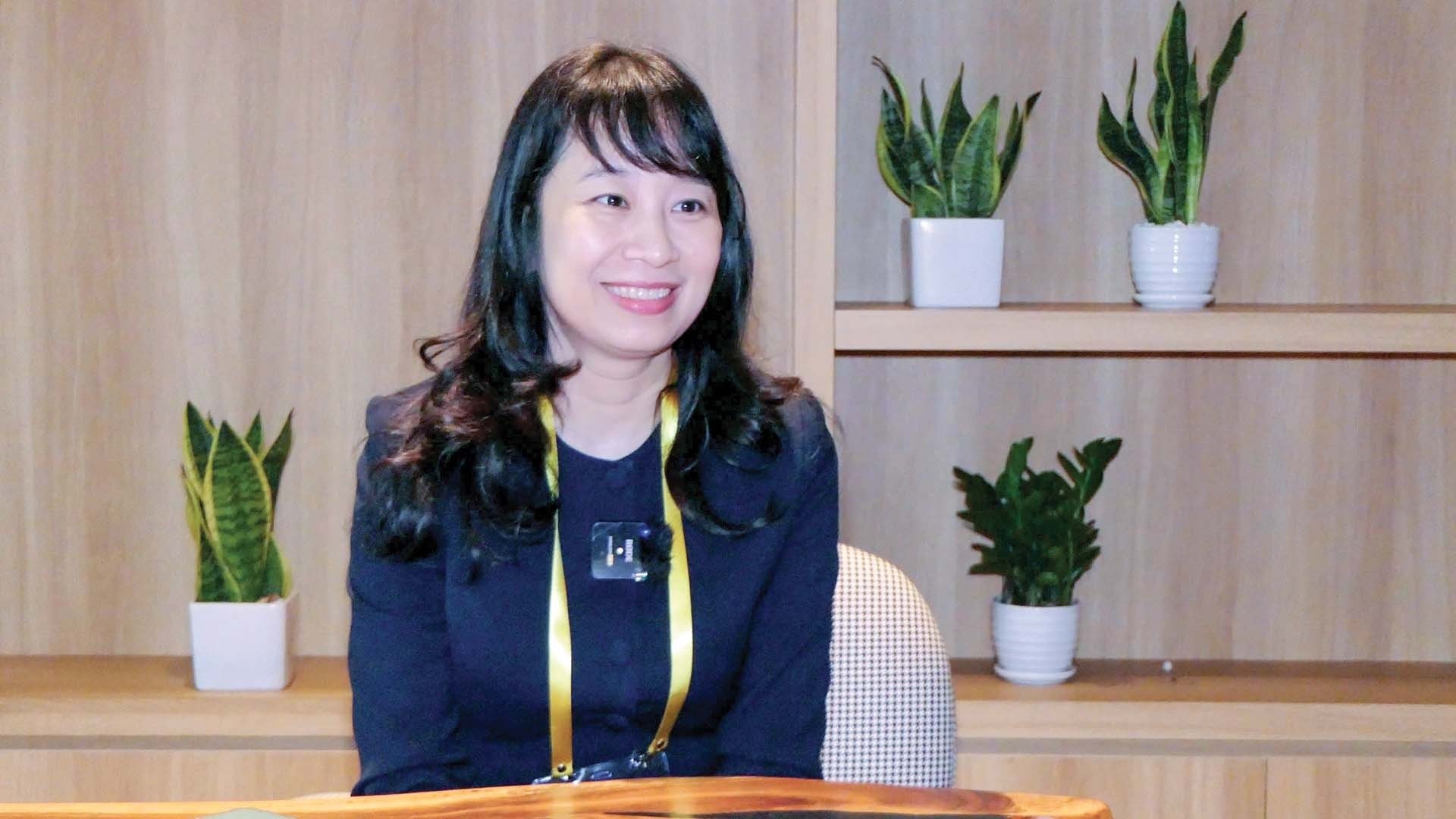



![[Photo] Prime Minister receives a number of businesses investing in Ba Ria-Vung Tau province](https://vstatic.vietnam.vn/vietnam/resource/IMAGE/2025/3/20/8e3ffa0322b24c07950a173380f0d1ba)




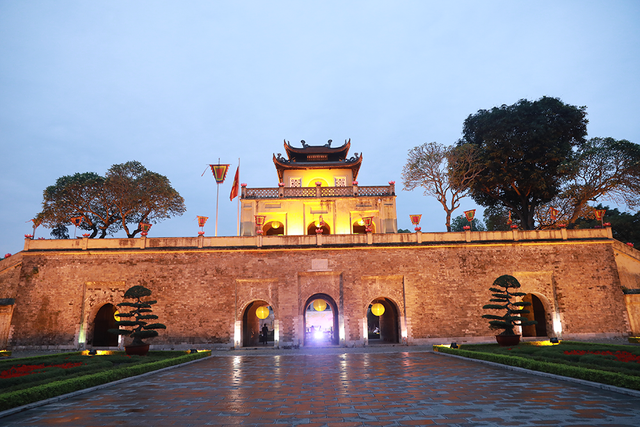
















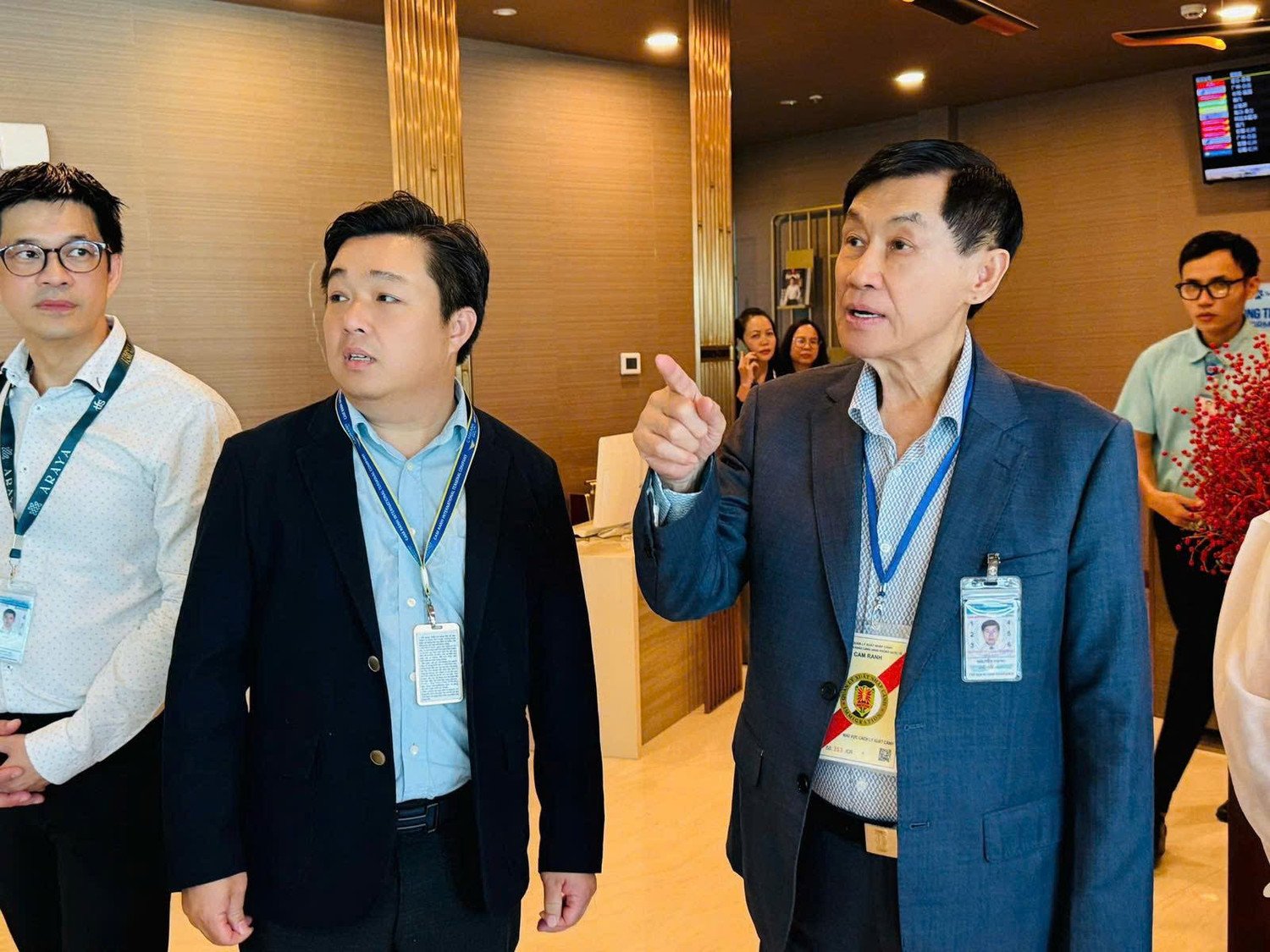










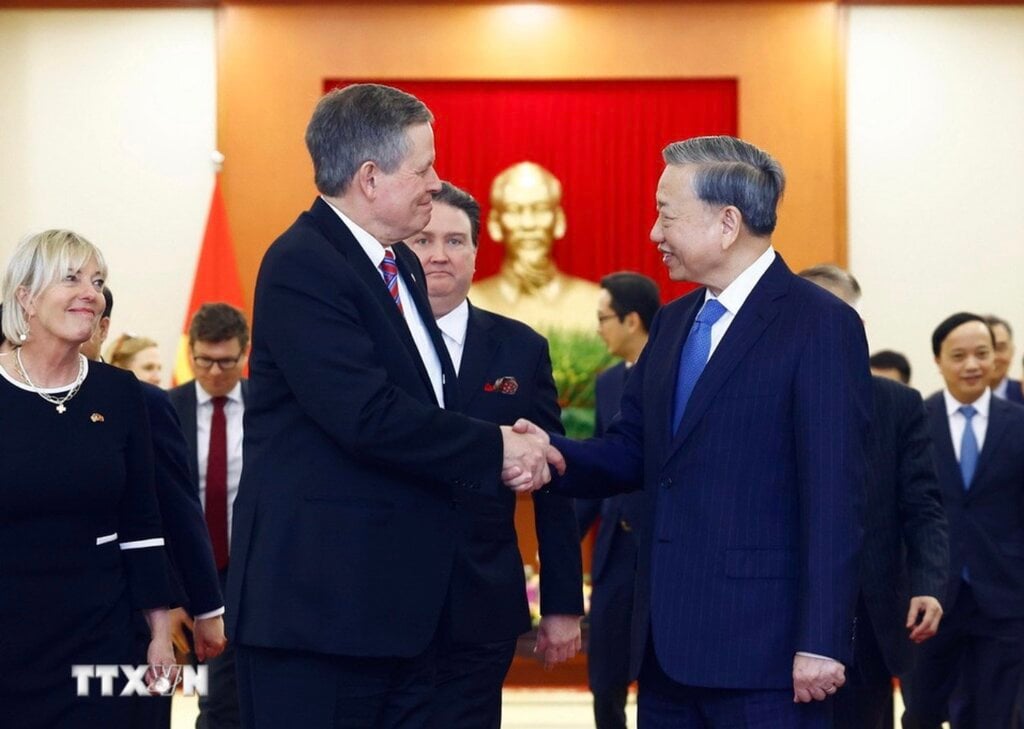

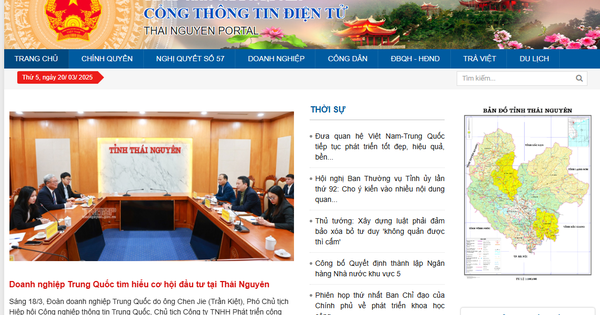



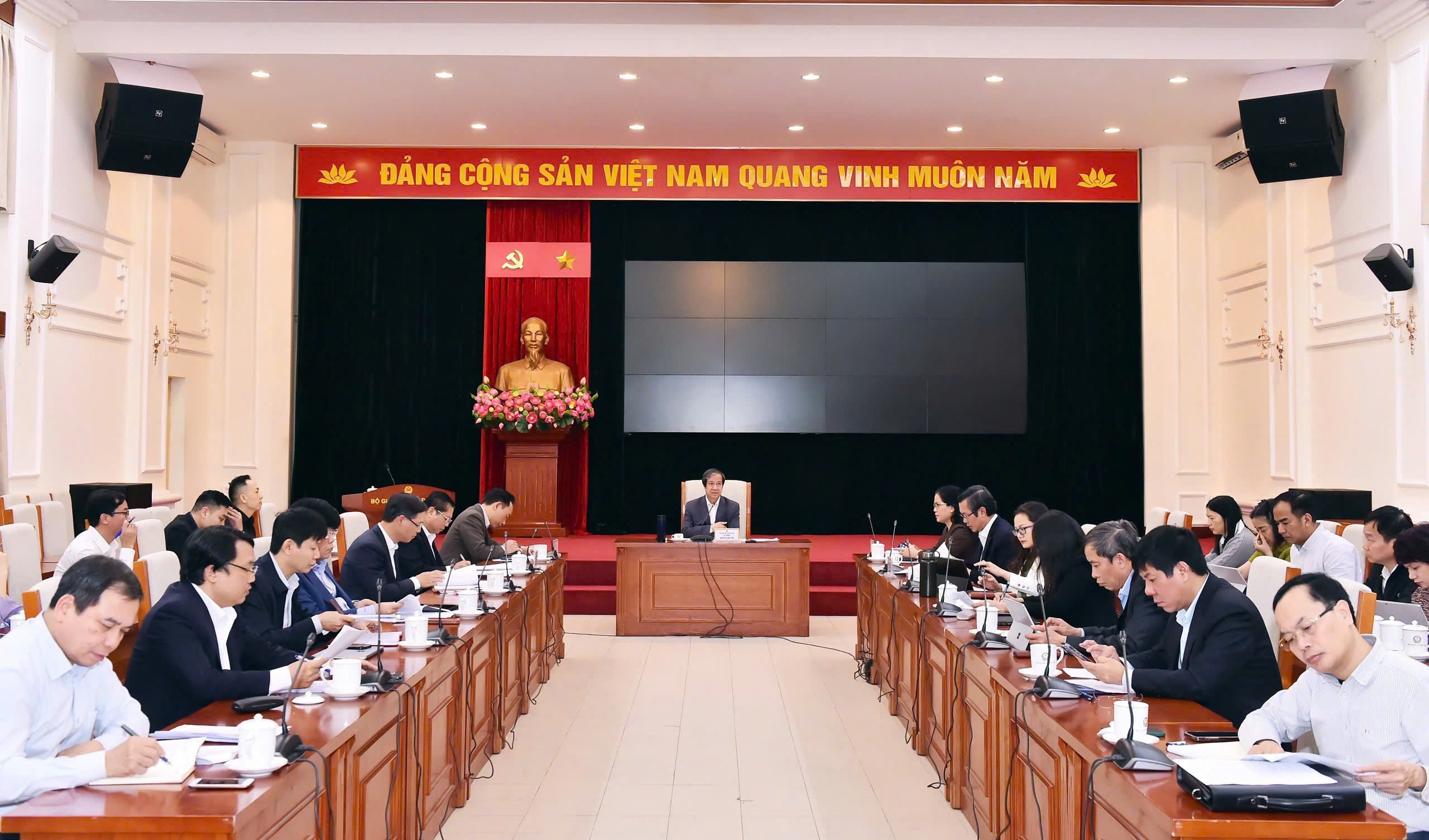



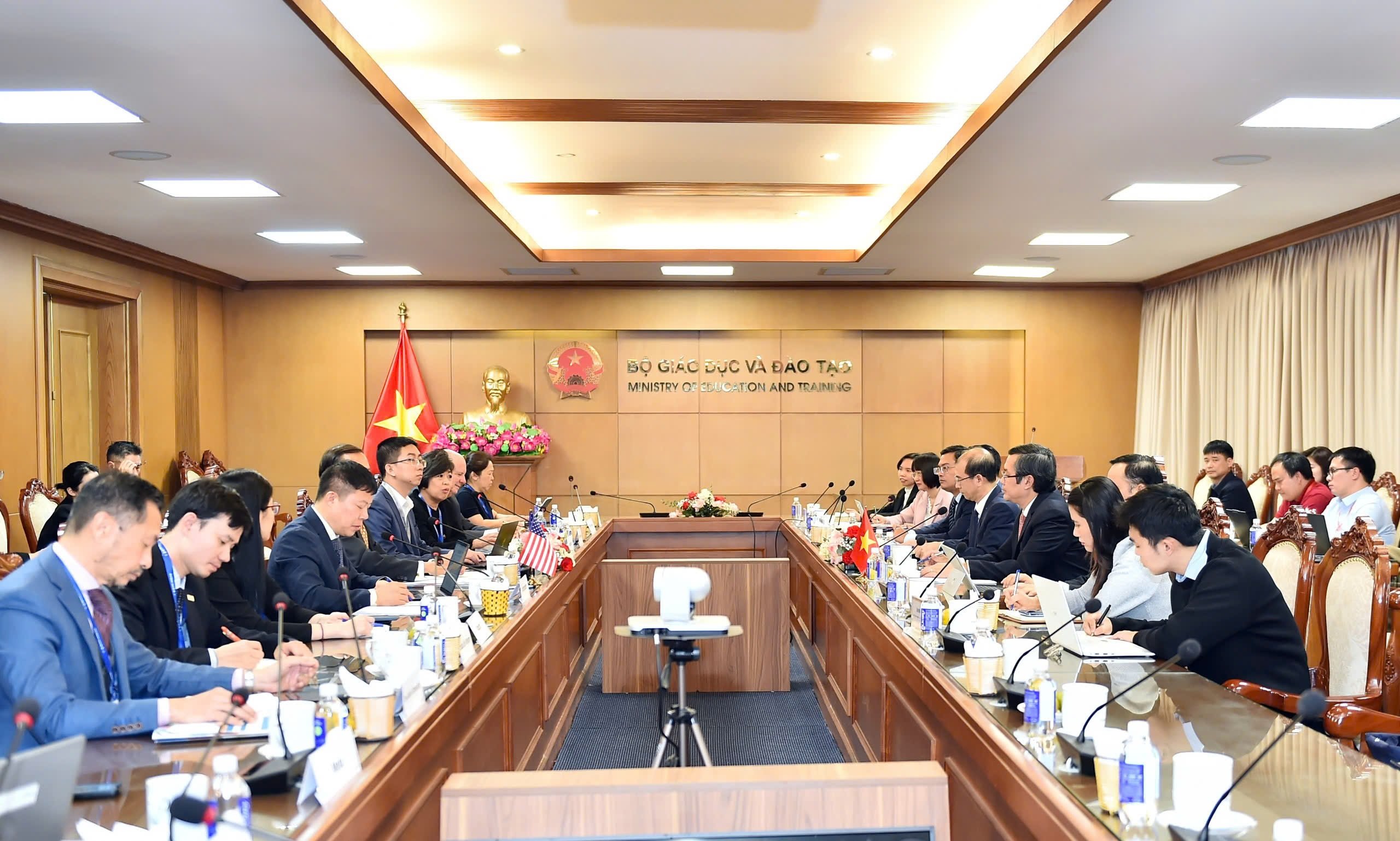
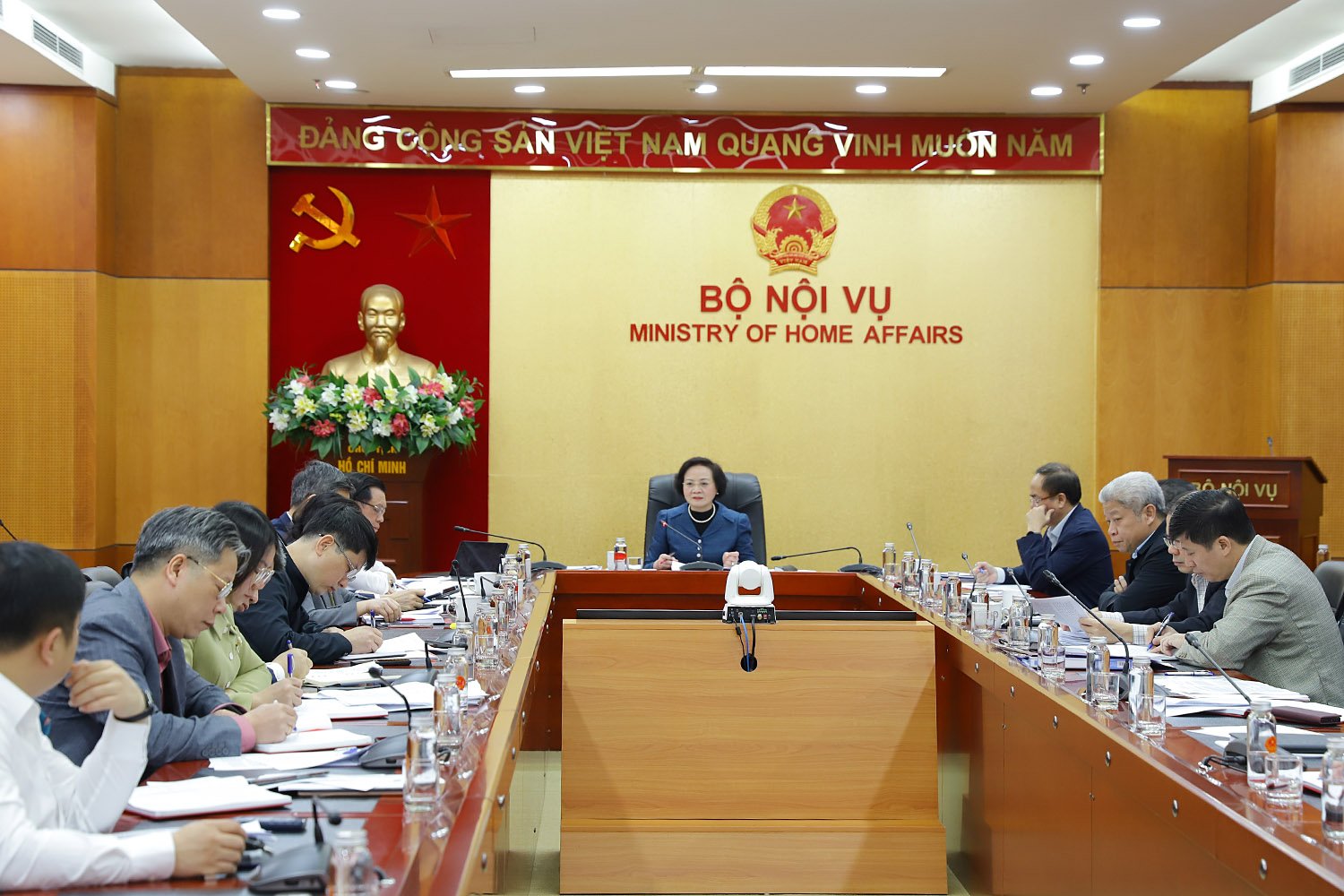







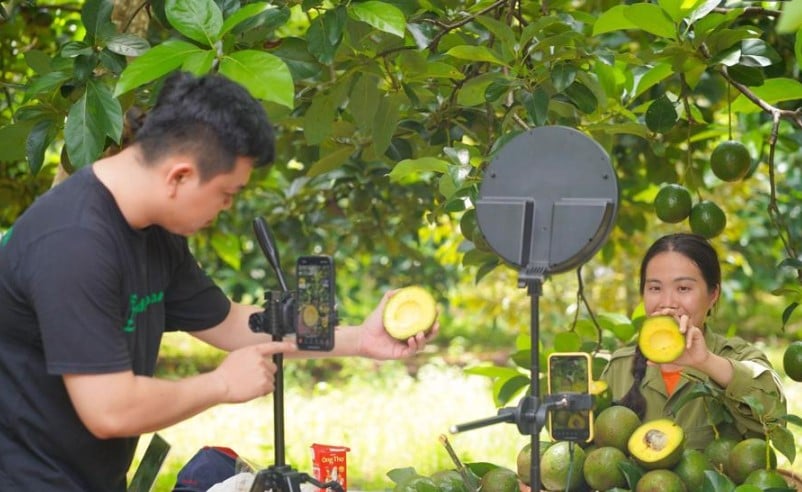



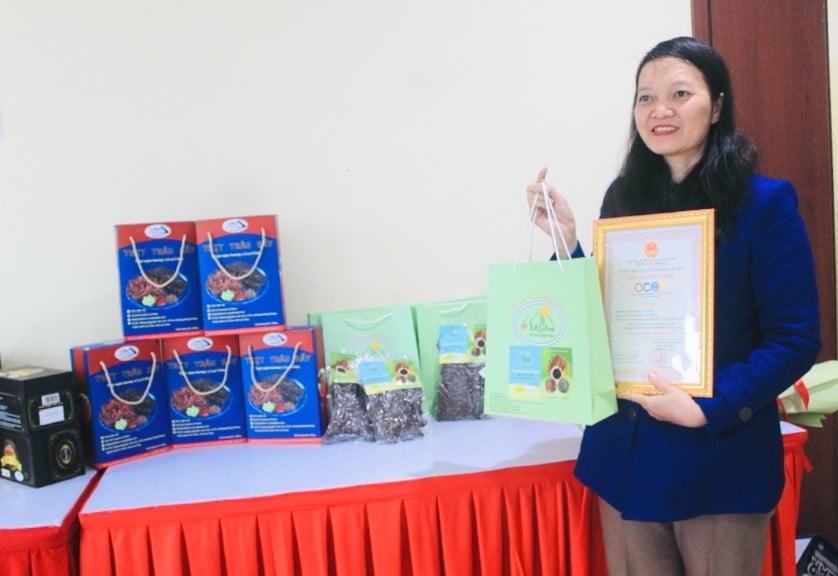

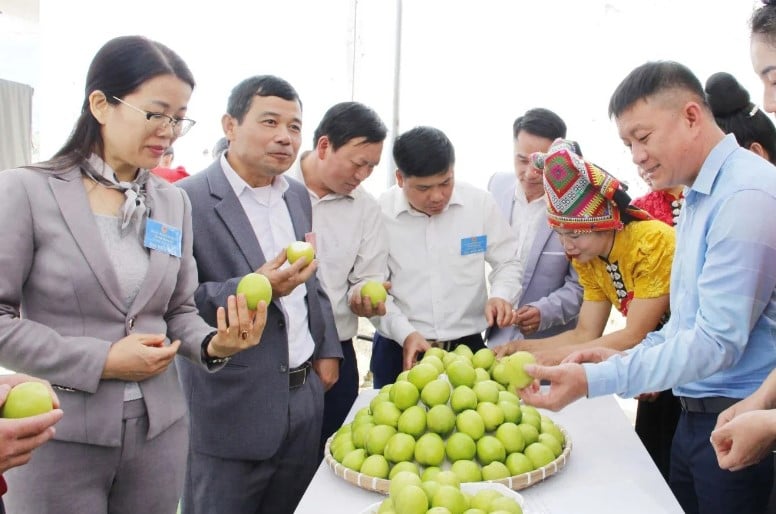
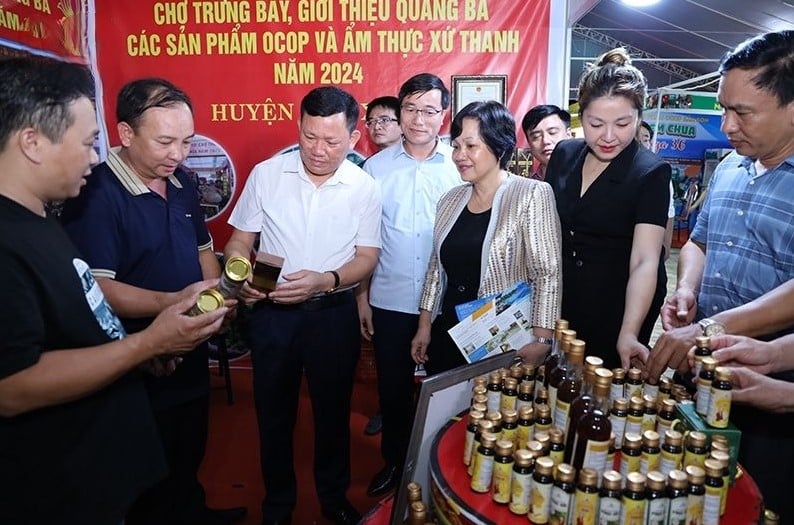

Comment (0)